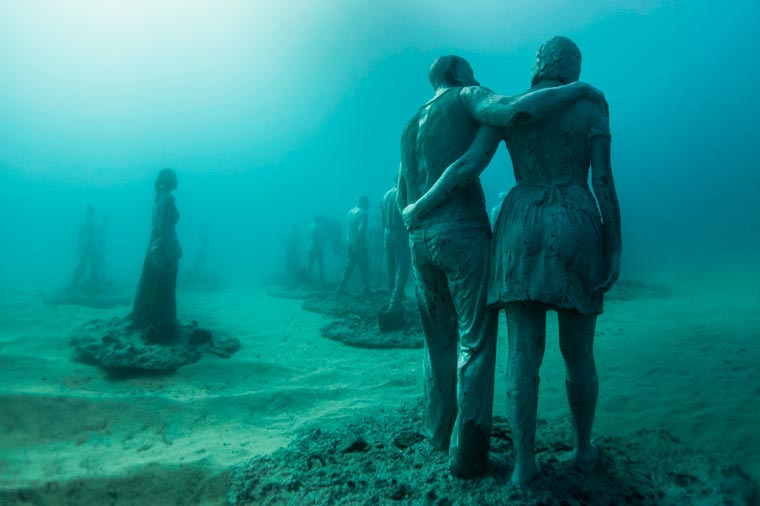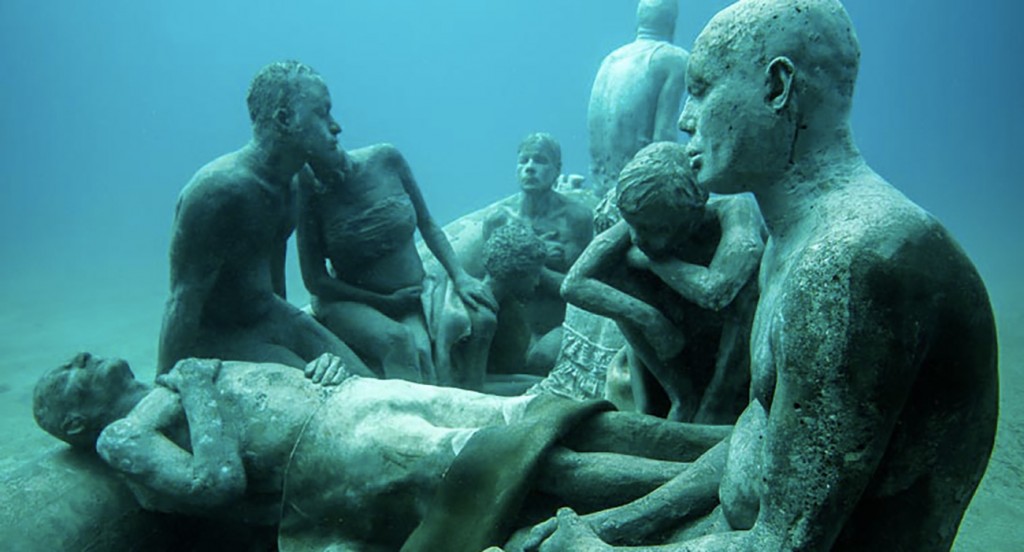'Fuocoammare' and the Atlantic Museum tell the Lampedusa drama
It is a doctor, Dr Pietro Bartolo, who is the hero of Gianfranco Rosi's documentary film 'Fuocoammare', winner of the Golden Bear at the 2016 Berlin Film Festival. In the touching documentary, the camera becomes a witness to an uncomfortable reality: an island, Lampedusa, that welcomes and manages an endless swarm of refugees on their way to hope, and a doctor who, without fuss, for years has been rescuing, surveying, dividing, sorting and... accumulating painful memories.
"I have been dealing with immigration for 25 years, in Lampedusa." Dr Bartolo told Ansa "I do it as a volunteer. I do a bit of everything: from rescues to corpse inspections. I also deputise for Usmaf, the border health service."
The numbers of this drama are in themselves eloquent: more than 300,000 migrants have arrived in Lampedusa since 1991, and the health centres are obliged to receive refugees in any case, even if they are full.
Director Gianfranco Rosi therefore felt compelled to declare: "I dedicate the prize to all the people who did not make it to this island on their journey of hope, and to the Lampedusians who, since the first landings in 1991, have welcomed those fleeing hunger and war. It is a place of fishermen who accept everything that comes from the sea. A lesson that should be learned by all. It is not acceptable that people die fleeing tragedy'.
Touching and moving images of this dramatic exodus also come from the shots of underwater photographer Jason deCaires Taylor.
In this case, however, the subjects are statues walking on the seabed. 
In fact, an exhibition of rare beauty was inaugurated last 25 February on the island of Lanzarote, in the Spanish archipelago of the Canary Islands, which includes two sculpture ensembles entitled 'The Raft of Lampedusa' and 'The Rubicon'. both gathered under the name of the Atlantic Museum.
The two sets of statues were placed at a depth of about fourteen metres below sea level and are intended as a tribute to the lives of migrants and refugees.
Pictures in this case are more eloquent than any words.
Dr. Carmelo Chines
Direttore responsabile
